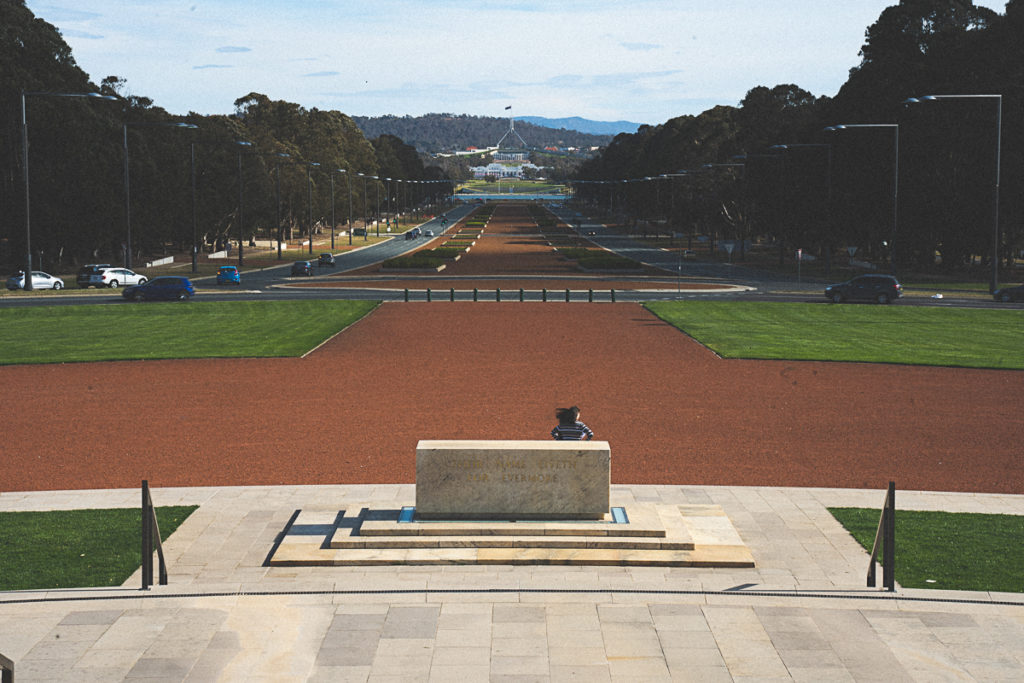As the world starts to adjust to the ‘new normal’, educational institutions and students have had to follow suit. Thanks to travel restrictions, limits on gatherings and other impacts brought about by COVID-19, students across the world are adapting to a new way of studying.
That said, various countries are at different stages with regard to the outbreak. While some are beginning to re-open their borders and allow international students to return to their studies, others are still being cautious.
We’re looking at how Australia, the United States, United Kingdom, and Canada have responded to the COVID-19 pandemic and what this means for international students.
Are any countries offering financial support to international students?
The impact of the COVID-19 pandemic has forced governments around the world to offer more financial support to their citizens. The US offered a stimulus check, the UK implemented a strong furlough scheme, and Australia delivered the coronavirus supplement and JobKeeper payment. However, international students have been struggling to cope with the impact of the pandemic, with many losing jobs as lockdowns were enforced.
In Australia, though, states, territories and institutions are offering financial and other types of assistance to international students. So, if you’re studying in Australia, you should get in touch with your education provider to find out what you’re eligible for.
While the UK doesn’t offer government schemes to international students, there are support networks available. The Office for Students classifies international students as ‘vulnerable’, giving them the right to accommodation, food, medical supplies, and hardship funds when necessary. Further, the UK Government has also instructed education providers to be flexible with tuition fees.
The United States Government currently doesn’t offer financial support to international students, but Canadian students may be eligible for financial assistance through a couple of schemes.
Are borders open?
While several countries are slowly returning to normal, international flights are still not guaranteed. In Australia, for instance, it’s anticipated that borders won’t open until at least 2021. Although, it could be the case that international students are exempt from this in the future. Adelaide is proposing a pilot program to see if Australian universities can return to their regular routine soon and invite more international students back to Australian campuses.
Both Canada and the United Kingdom have kept their borders open for international students during the pandemic (depending upon whether or not they had a student visa prior to 18 March 2020 in the case of Canada), allowing education providers and students to retain some degree of normality.
The United States’ borders are currently limited to what the government deems to be a high-risk nation, so international students from Iran, China, the UK, Ireland, and any country in the European Schengen Zone are not allowed to enter, with only a few exceptions.
Can students be on campus?
In Australia, educational institutions have reopened to students, but certain limits remain in order to maintain social distancing (these limits vary from state to state, so it is vital that you read up on your own institution’s policies). Students must adhere to these rules when on campus and make sure to keep up-to-date with information from your education provider.
In the UK, educational institutions have reopened, though with certain rules regarding social distancing that must be followed, such as remaining two metres apart from other students.
Canadian education providers are gradually opening back up, but many will be relying on virtual learning.
US educational institutions are open, but must follow strict guidelines set out by the Centre for Disease Control and Prevention.
Are students guaranteed they can stay?
Australia has been clear that if COVID-19 has prevented a student from completing the requirements of their visa, they will be allowed to lodge a new student visa application for free. The rules around post-study work visas have changed too, with online learning now counted towards the study requirement.
The UK Government has loosened restrictions on visa renewals and exemptions for international students. Anyone whose visas ran out on 31 July has been offered a one-month grace period and anyone whose visa is set to expire after 1 September 2020 is allowed to make an urgent exception application to remain in the UK.
The Canadian Government has assured international students that they will still be able to apply for a post-graduation visa, even if they were forced to complete over 50% of their studies online.
The United States has been unclear with what the future holds for international students. The President issued a directive stating that international students will face deportation if they aren’t enrolled in at least one course that offers face-to-face tuition, which has placed international students in a precarious position during the pandemic. This angered US universities – and the President did backtrack on the directive – but it’s clear that international students are somewhat vulnerable in the US.
Is online learning offered?
Online learning has become mainstream in educational institutions across the world. It is important to check with your education provider as to how much of your degree will be conducted online for the foreseeable future. This mode of virtual learning may also have a bearing on visa requirements, so it’s best to check with your education provider to see how this will impact you.





